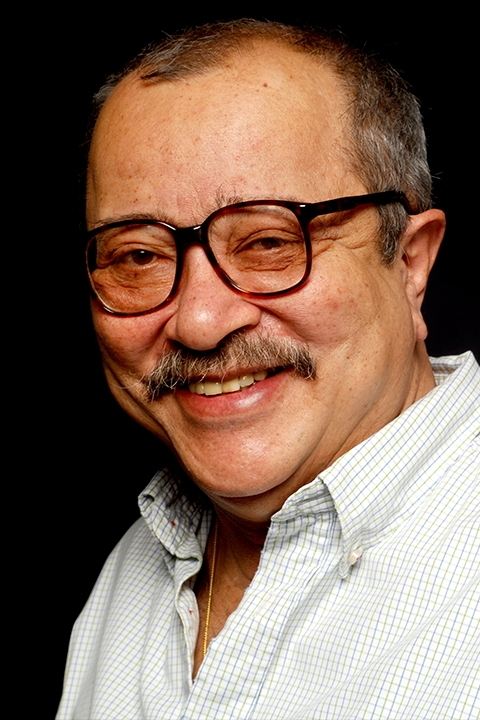
João Ubaldo Ribeiro
Birthday: Born in 1941-01-23 in Itaparica, Bahia, Brazil
Deathday: 2014-07-18
João Ubaldo Osório Pimentel Ribeiro ComM (Itaparica, January 23, 1941 — Rio de Janeiro, July 18, 2014) was a Brazilian writer and winner of the 2008 Camões Prize. Ubaldo Ribeiro had some works adapted for television and cinema, in addition to being distinguished in other countries, such as Germany. He is the author of novels such as Sargento Getúlio, O Sorriso do Lagarto, A Casa dos Budas Ditosos, which caused controversy and was banned in some establishments, and Viva o Povo Brasileiro, the latter of which was highlighted as a samba-enredo by the samba school Império da Tijuca, during the 1987 Carnival.
TV Credits

Celebridade
Character: Self
A successful businesswoman in the music industry sees her life fall apart after a young and mysterious woman starts work as her secretary. The scheming girl is totally obsessed by the famous businesswoman and she tries to steal everything from her, including her career....
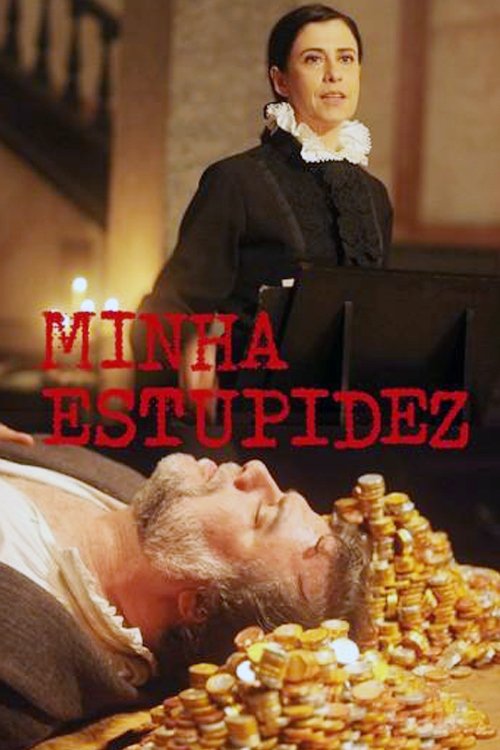
Minha Estupidez
Character:
In each episode, Fernanda Torres conducts an interview with an intellectual whom she admires and presents a fiction skit about an intriguing text - those that makes one feel stupid....
Movie Credits

Janela da Alma
Character: Self
Nineteen people with differing degrees of visual impairment – from mild nearsightedness to total blindness – discuss how they see themselves, how they see others and how they perceive the world. Unusual images, of burning trees or empty deserts, link the interviews, which vary from deep to funny to poetic....
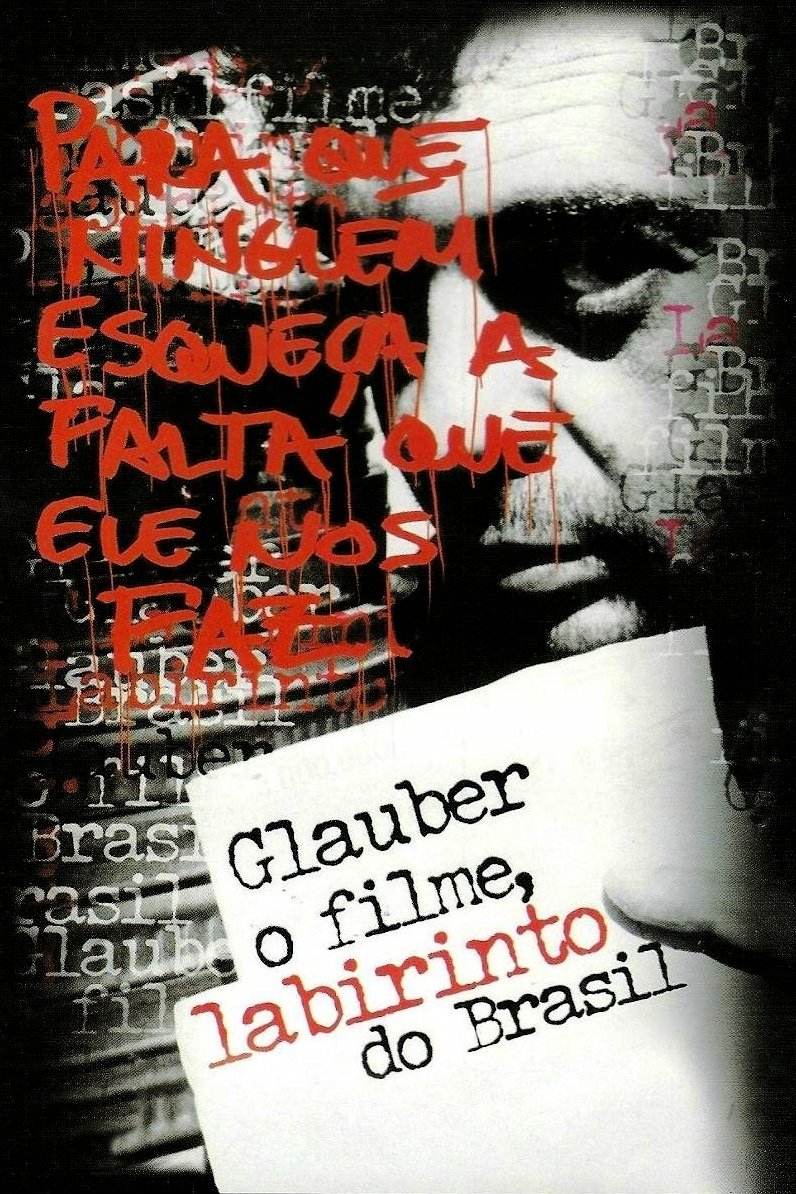
Glauber Rocha - The Movie, Brazil's Labyrinth
Character: Self
Documentary about Brazilian filmmaker Glauber Rocha, one of the most important names in the Cinema Novo, with interviews with some of his friends and colleagues....
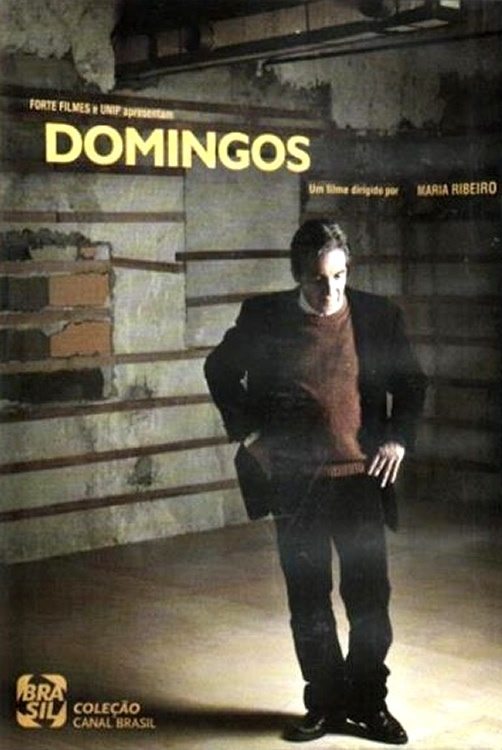
Domingos
Character: Self
A look into the life and mind of Brazilian playwright and filmmaker Domingos Oliveira through his daily activities and artistic deeds....
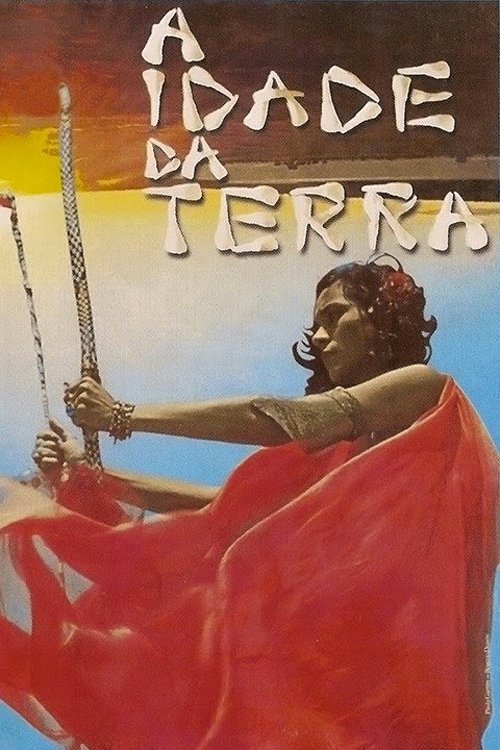
The Age of the Earth
Character: Self
Drawing inspiration from a poem penned by Castro Alves, this film vividly captures the political, cultural, and intellectual climate of Brazil during the late 1970s. At its core, the story revolves around four distinctive embodiments of Christ's image: a black man, a soldier, an Indian, and a guerrilla fighter. These courageous individuals, hailed as the harbingers of doom in the tupiniquim lands, valiantly combat the insatiable avarice and oppressive "civilizing" brutality propagated by the for...
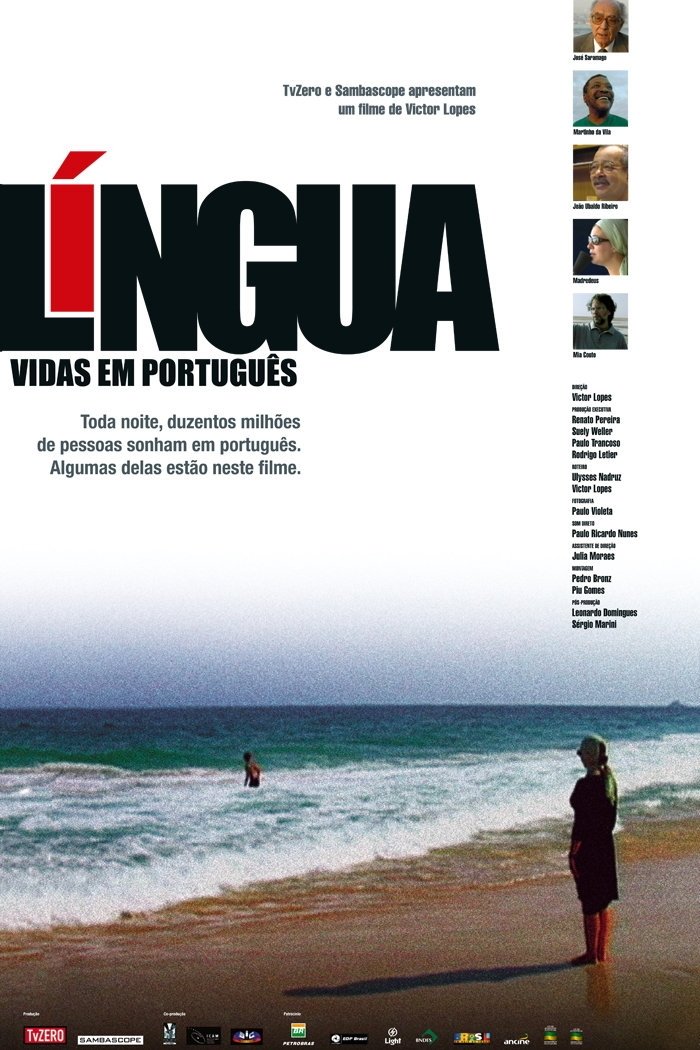
Língua - Vidas em Português
Character: Self
Documentary about the Portuguese language, and people who speak it around the world....
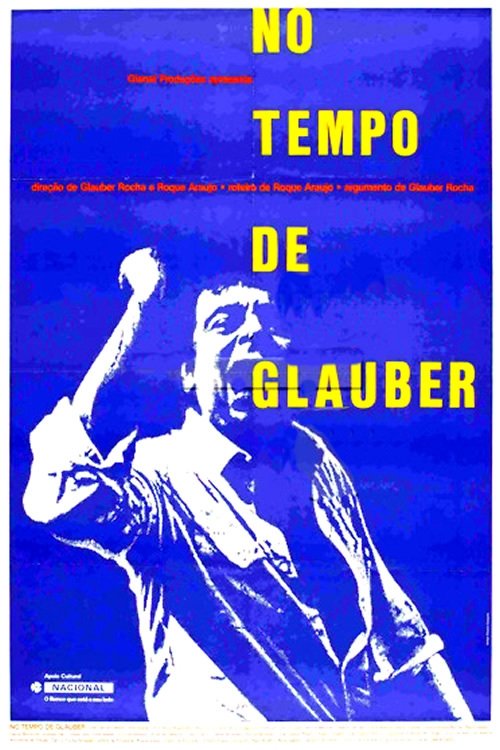
No Tempo de Glauber
Character:
...
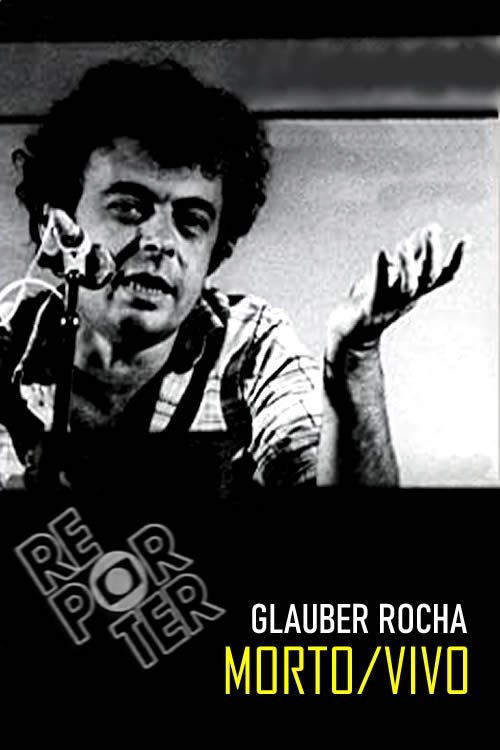
Glauber Rocha: Morto/Vivo
Character:
...

Contra o Veneno Peçonhento do Cão Danado
Character: Ele mesmo
...
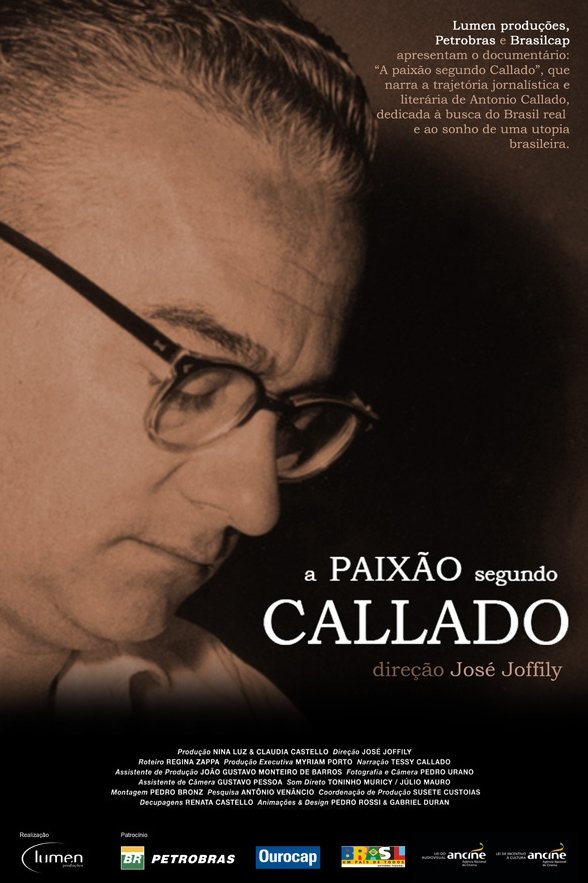
A Paixão Segundo Callado
Character: Self
Callado said he had to leave Brazil to get to know Brazil. His six-year trip to England and France during World War II sparked a "hunger for Brazil." As a journalist, he traveled to the "geographic center" of his Brazilian identity. As a writer, he reached the depths of his passion for a more just, less prejudiced, freer, and more democratic country....